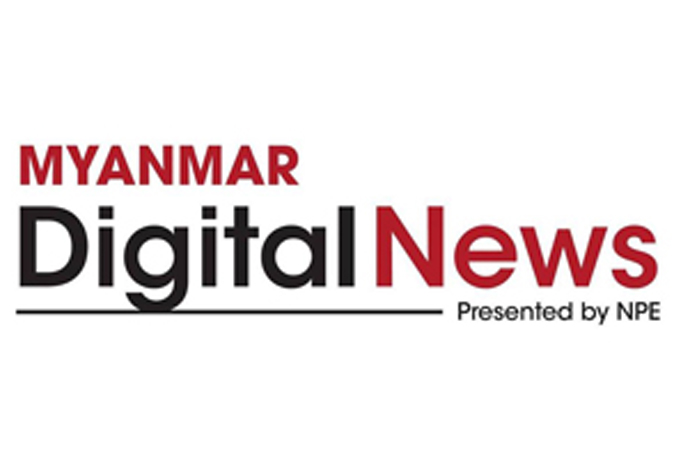THE theme for World Press Freedom Day 2025, “Reporting in the Brave New World: The Impact of Artificial Intelligence on Press Freedom and the Media,” highlights how AI is reshaping journalism, media viability, and freedom of expression. This year’s focus also reaffirms the vital role of independent media in informing the public, holding power accountable, and strengthening open societies.
Around the world, nations are working to keep pace with the rapid development of technologies, particularly Artificial Intelligence (AI). Many see AI as a tool to enhance freedom of expression through journalism, aiming to safeguard people’s rights. Yet, it’s undeniable that AI is steadily transforming the media landscape, bringing both promising advancements and serious concerns.
The United Nations pointed out that AI’s rapid growth is profoundly affecting journalism and media freedom. While core principles like independence and pluralism remain essential, AI’s role in gathering, processing, and distributing information is opening both exciting possibilities and critical challenges.
On one hand, AI supports freedom of expression by making information more accessible and facilitating global communication. It has improved media presentations, broadened access to information, and has the potential to create a brighter future for upcoming generations. AI helps journalists reach wider audiences and innovate in storytelling.
On the other hand, AI introduces new risks. It can spread false or misleading information, increase online hate speech, and create sophisticated censorship tools. Governments and tech companies sometimes use AI for mass surveillance, intimidating journalists and restricting freedom of expression. Moreover, AI-powered platforms control content visibility, concentrating power in a few hands and endangering media diversity. There are growing concerns that AI could homogenize global media, diminish diverse perspectives, and harm smaller, independent outlets.
AI also boosts newsroom efficiency by automating tasks. However, the financial stability of many media organizations is under threat. Generative AI tools often reuse journalistic work without proper compensation, draining revenue from independent outlets and enriching major tech firms.
While it aids fact-checking and counters disinformation, it also enables the creation of deepfakes and other manipulative content, threatening trust in democratic processes. Addressing these challenges requires cooperation among governments, the media, technology companies, and civil society. As AI continues to evolve, safeguarding press freedom and promoting responsible use of technology is more important than ever. Individuals need to take care of their expression through AI technology, not to leave disadvantages for society and not to harm global people while enjoying the fruits of technological advancement of AI.


